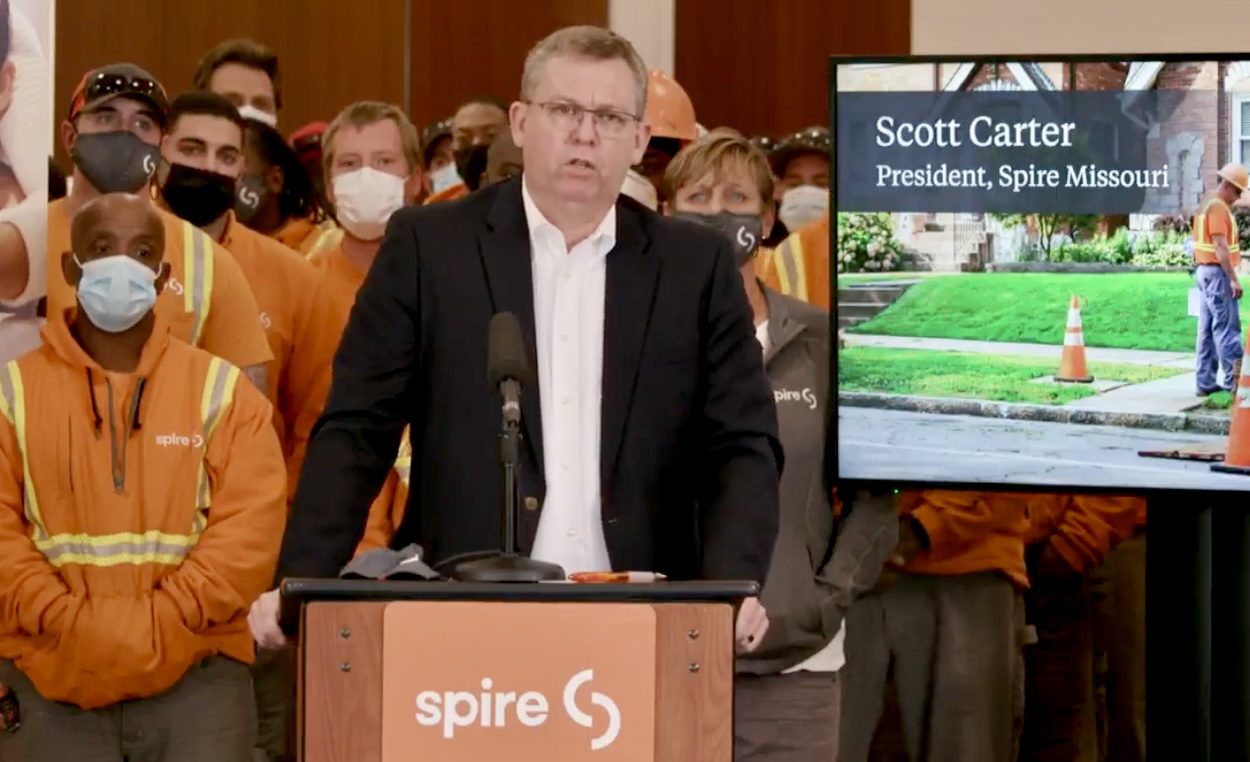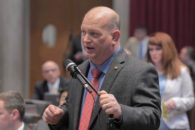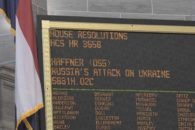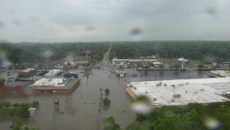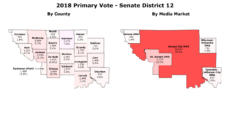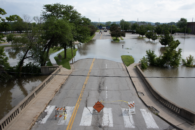The Spire STL Pipeline can remain in operation for the time being after federal regulators issued a temporary certificate Friday evening.
The Federal Energy Regulatory Commission (FERC) voted to offer the pipeline a temporary certificate of public convenience and necessity to remain active while the commission weighs its ultimate approval. Spire has three business days to accept the offer in writing.
The pipeline was already covered under an emergency order set to expire on Dec. 13. While FERC’s latest order will allow it to stave off a shutdown for now, Spire Missouri President Scott Carter reminded stakeholders the conversation was far from over.
“While this is good news and we feel confident in our ability to provide reliable natural gas service to our St. Louis customers through this winter heating season, we’ll turn our focus to the long-term certificate for the pipeline,” Carter said in an email to customers Friday evening. “We’ll stay engaged in the process to ensure everyone has the information needed, and we remain committed to keeping our customers informed about the pipeline’s status and any potential impact to natural gas service.”
Commissioner James Danly partially dissented in the decision, pointing to the commission’s handling of the situation rather than Spire’s actions. Danly pointed to the original certificate’s expiration date, writing the commission was “ginning up the artificial urgency leading to today’s issuance.”
The Environmental Defense Fund (EDF) sued FERC in 2019 over its approval of the pipeline earlier that year, alleging the commission failed to prove the pipeline’s benefits would outweigh its environmental impact. Despite trading barbs with the Spire STL team about a series of emails to customers it said created an air of panic and led to threats against EDF employees, the group encouraged FERC to allow the pipeline to continue operations through the winter.
“EDF has consistently urged FERC to ensure reliable service to St. Louis customers this winter. The unanimous statements from the participating FERC commissioners should put to rest the fear and uncertainty Spire has created in St. Louis,” Natalie Karas, EDF’s senior director and lead counsel, said in a statement. “Chairman Glick also expressed concern regarding Spire’s fear campaign and stated that ‘it is important to turn down the rhetoric and examine the facts.’”
The EDF isn’t Spire’s only critic: Congresswoman Cori Bush and several leaders from the St. Louis region decried the emails, while the Sierra Club’s Missouri chapter urged the company to halt disconnections amid cold weather as well, pointing to its recently-approved rate increase.
Missouri’s Public Service Commission (PSC), which has supported the pipeline before its federal counterpart, also took note of Spire’s correspondence with customers and ordered it to draft a letter to stakeholders describing the situation “as accurately as possible” last month.
Congressional Republicans urged FERC to approve the certificate last month, warning a shutdown could have a “devastating effect on the local communities, resulting in a spike in the cost of natural gas and widespread service outages.”
A three-judge panel on the D.C. Court of Appeals remanded FERC’s approval of the pipeline in June and denied a request for a rehearing in September. Spire has pursued legal and regulatory options to keep the pipeline operational, even bringing the case before the U.S. Supreme Court in September. The high court denied Spire’s motion for a stay last month, but the team renewed its application Friday before FERC’s order.
If taken offline, the project would leave 175,000-400,000 customers in the St. Louis region without service, with a gap lasting up to 100 days before another source is connected, according to Spire.
 Loading...
Loading...

Cameron Gerber studied journalism at Lincoln University. Prior to Lincoln, he earned an associate’s degree from State Fair Community College. Cameron is a native of Eldon, Missouri.
Contact Cameron at cameron@themissouritimes.com.

